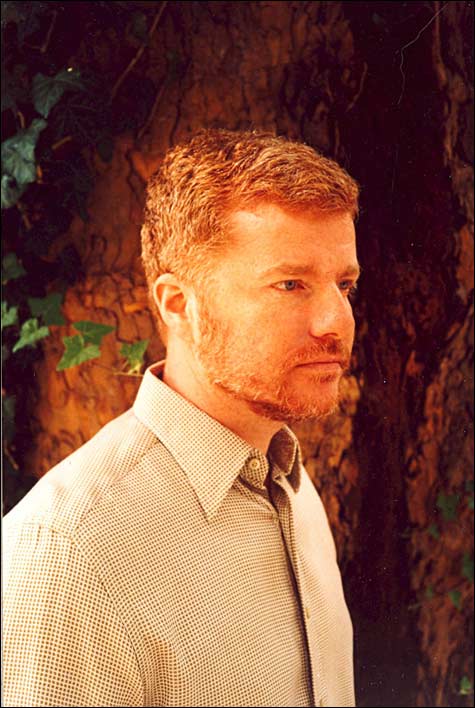
LOTS OF LILT but still "ragged and jagged." |
A.C. Newman is on fire. One of indie rock's most prolific songwriters and performers, Newman has six albums to his credit this decade — four with his band the New Pornographers, and two solo efforts, including his latest,
Get Guilty (Matador), released in January. Newman specializes in three-minute power pop gems packed with head-spinning hooks and impressionistic imagery. He plays Club Hell in Providence on Friday. We recently talked to him by phone from a tour stop in Los Angeles.
You came to prominence with the New Pornographers as Carl Newman. You release solo albums as A.C. Newman. Doesn't that violate all norms of branding and name recognition? Well, I'm A.C. Newman now. People still call me Carl Newman, but even in the New Pornographers, I'm referred to as A.C. Newman. I took it as my professional name. It was a little confusing when my first record came out. There was a sticker on it that said "leader of the New Pornographers." And I thought, even if you don't know me by A.C., you see the "Newman" and "New Pornographers" and maybe piece it together. But a lot of people didn't.
The name has the benefit of putting you first in a lot of iTunes libraries. I think unless A.A. Milne starts putting out records, I'll be at the beginning.
You're the dominant creative voice in a well-established band. What do you get out of a solo album that you don't get out of a New Pornographers release? Sometimes you write songs that you want total control over. Sometimes you think, "I know exactly how this song should be," and sometimes that's hard to do in a band. A song like "Thunderbolts" — I don't think the New Pornographers could ever do that. It's got such a specific pulse that sounds like the work of one person.
You and I were born in the same week in 1968, and it strikes me that you probably became aware of music in the 1970s when a certain kind of pop classicism — McCartney, Elton John, Todd Rundgren — still ruled radio, and you came of age in the 1980s with post-punk bands who possesed more of an off-kilter sensibility. Your music is a perfect marriage of the two — classic pop music that comes at the listner from unusual angles. Am I projecting too much of myself on to you, or have I cracked the code of A.C. Newman? There's definitely a lot to that. If I look at the music that I loved in my life, my music definitely seems like a product of it. I grew up listening to '70s music on the radio. When I was a kid, I loved KISS and Cheap Trick. And then when I was a teenager, I got into R.E.M. When I was 20, I really got into the Pixies. And then I became obsessed with Burt Bacharach and Brian Wilson and Jimmy Webb. I think it all seeps in and makes me play this classicist kind of pop music, but still kind of ragged and jagged.